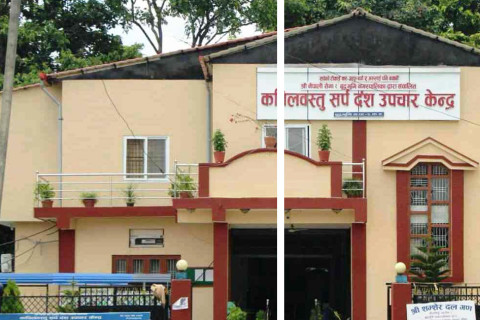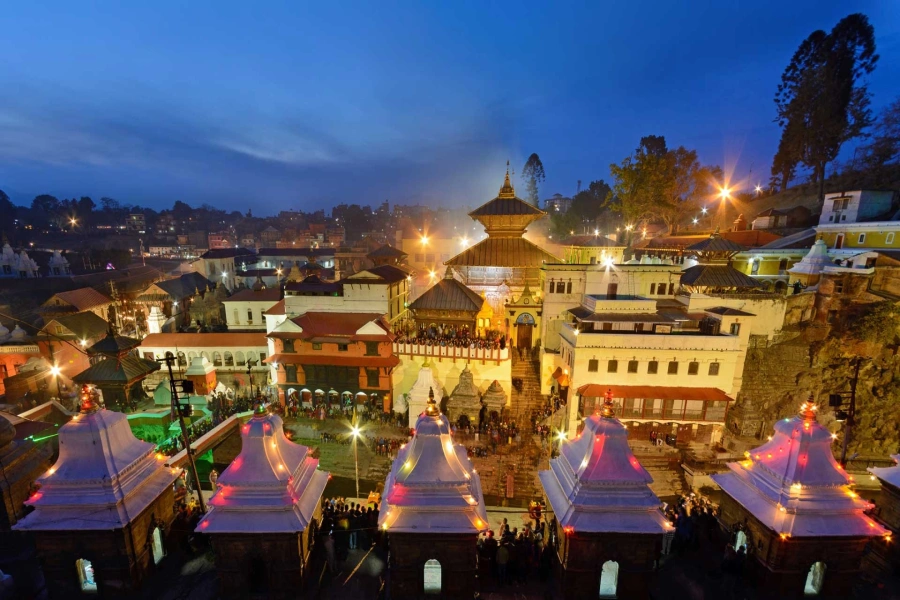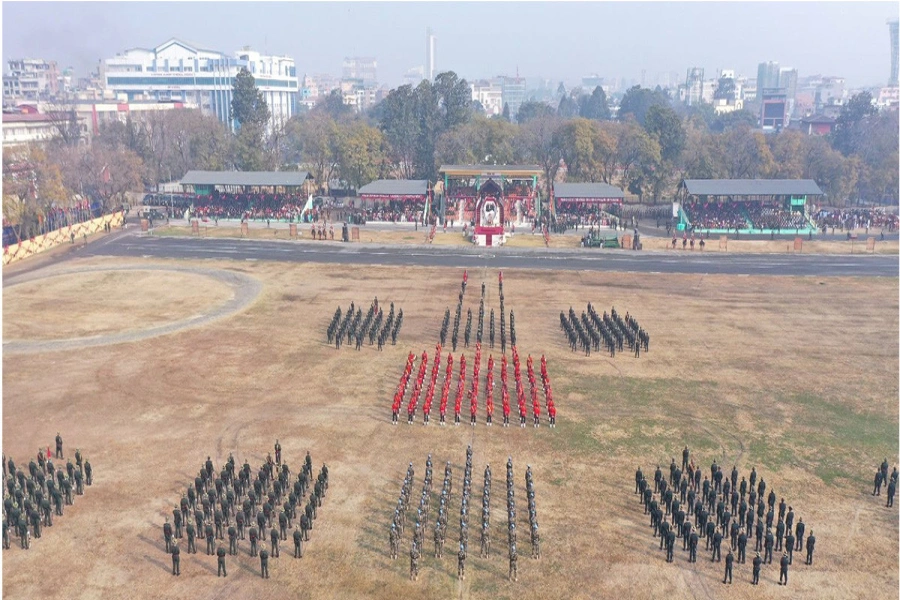KAPILVASTU, July 17: With the onset of the monsoon season, snakebite incidents have increased in Kapilvastu.
Due to a lack of timely treatment and superstitions like faith healing, two people have died in the month of Asar (mid-June to mid-July) alone, and the number of patients in snakebite treatment centers has risen.
According to the Kapilvastu Snake Bite Treatment Center, 1,842 people received treatment services in the last fiscal year, 2024/25.
Lockdown extended in Kapilvastu, Dolakha owing to rising COVID-...

Center chief Nabin Bhandari informed that 397 patients have come for treatment in the current month of Asar (mid-June to mid-July) alone. The pressure created by snakebite patients remains high from Baisakh to Bhadra.
Just last week, Sumitra Devi Kandu, 60, of Kapilvastu Municipality–1, died after being bitten by a snake while cooking in the kitchen. As the bite was not noticed for a long time and there was a delay in taking her to the treatment center, she died.
According to center chief Bhandari, the risk of death increases because people do not immediately go to health institutions after being bitten by a snake, but instead turn to traditional healing and home remedies. “When bitten by a venomous snake, people rely on faith healing. Only when the condition becomes critical do they bring the patient for treatment, and then it becomes difficult to save them,” he said.
The number of snakebite patients has also increased in the Kapilvastu District Hospital. Dr. Javed Khan of the hospital said that more than 20 patients visited the hospital in the month of Asar (mid-June to mid-July).
He said that wrong practices such as using faith healing, sucking blood from the wound with the mouth, or making incisions make the patient’s condition even more complicated. Health workers say that patients who could be cured with 2-3 vials of antivenom end up requiring up to 30 vials if brought late.
Health workers have urged the public to remain alert to avoid snakebites. They suggest not sleeping on the ground, cleaning bushes around the house, using mosquito nets while sleeping, and sealing holes inside the house to reduce the risk.
This center in Gorusinghe is providing services not only to patients from Kapilvastu but also from Arghakhanchi, Pyuthan, Dang, and Rupandehi.
The Nepal Arm supports the technical management of the center. There is a high presence of venomous snakes such as cobras and kraits in this area.




































